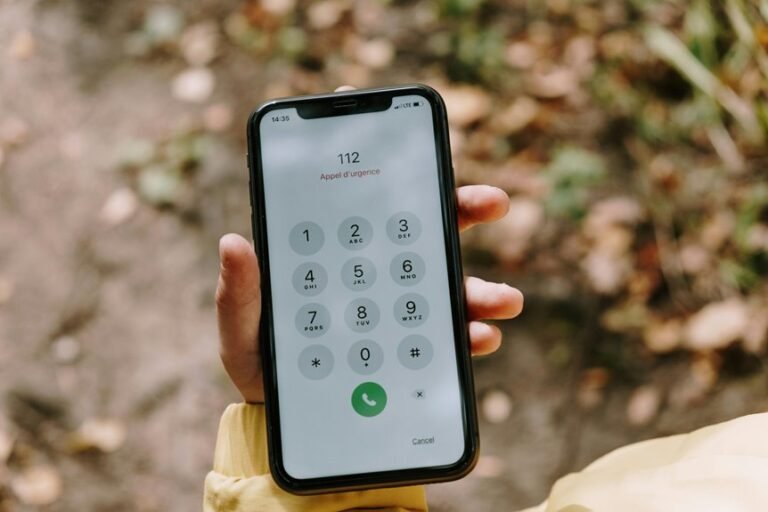9376848674 How to Improve Your Communication Skills
Effective communication is essential in both personal and professional interactions. It encompasses active listening, understanding verbal and non-verbal cues, and delivering clear messages. By mastering these elements, individuals can enhance their ability to connect with others. However, many overlook the nuances that elevate communication from basic to impactful. Exploring these techniques can provide valuable insights into fostering better relationships and achieving desired outcomes. What strategies can one employ to elevate their communication skills further?
Active Listening Techniques
Although many people think of listening as a passive activity, active listening is a skill that requires focus and engagement.
It involves providing reflective feedback to ensure understanding and foster deeper connections.
By practicing empathy building, individuals can create a safe space for open dialogue.
This approach not only enhances personal relationships but also cultivates a sense of freedom in communication.
Verbal and Non-Verbal Communication
Effective communication hinges not only on the words spoken but also on the unspoken cues that accompany them.
Tone variation can enhance verbal messages, adding depth and emotion.
Meanwhile, body language serves as a powerful tool, conveying confidence or uncertainty without a single word.
Crafting Clear and Concise Messages
Crafting clear and concise messages is essential for effective communication in any setting. This involves careful message organization and thorough audience analysis.
By structuring ideas logically and tailoring content to the audience’s needs, communicators can enhance understanding and engagement.
Emphasizing brevity while maintaining clarity fosters a free exchange of ideas, empowering individuals to express themselves confidently and effectively.
Conclusion
Effective communication is essential for success in both personal and professional realms. Studies show that up to 93% of communication effectiveness is determined by non-verbal cues, highlighting the importance of both verbal and non-verbal elements. By mastering active listening, being mindful of body language, and crafting clear messages tailored to the audience, individuals can significantly enhance their communication skills. Continuous practice and feedback are vital for ongoing improvement, fostering stronger connections and ensuring messages are conveyed with clarity and impact.






